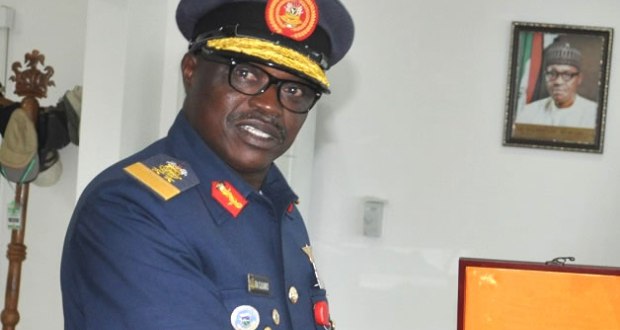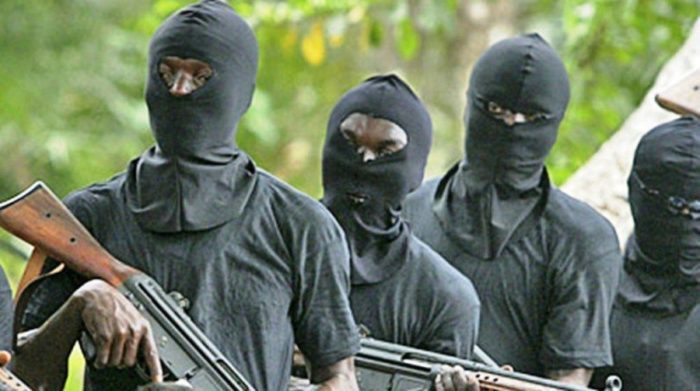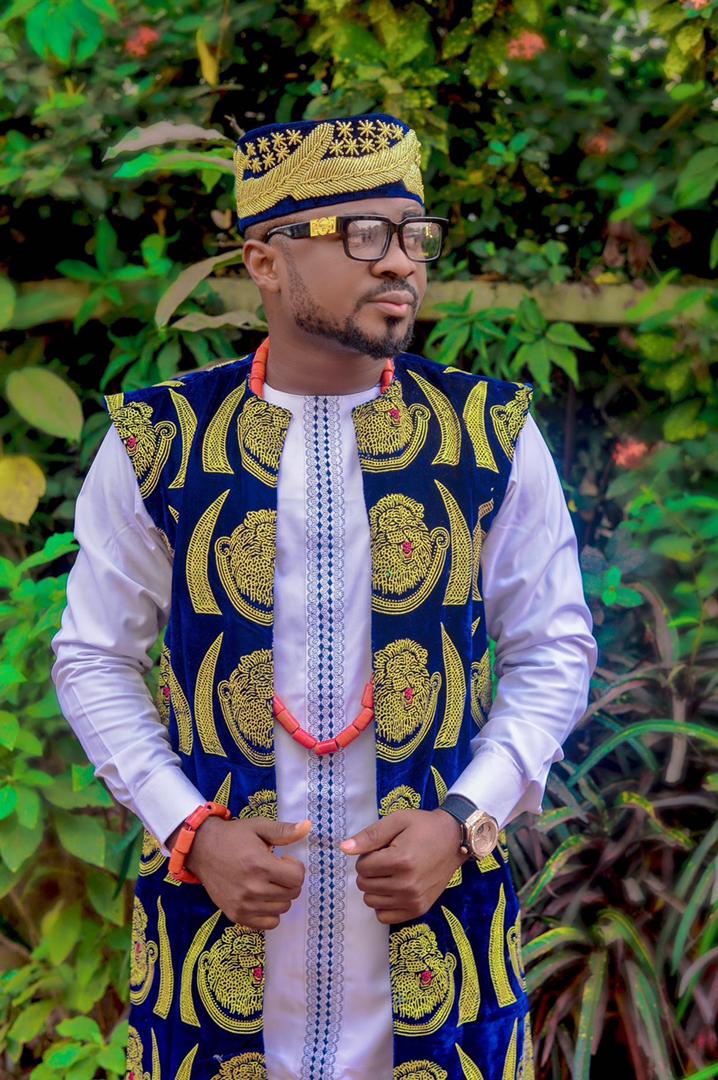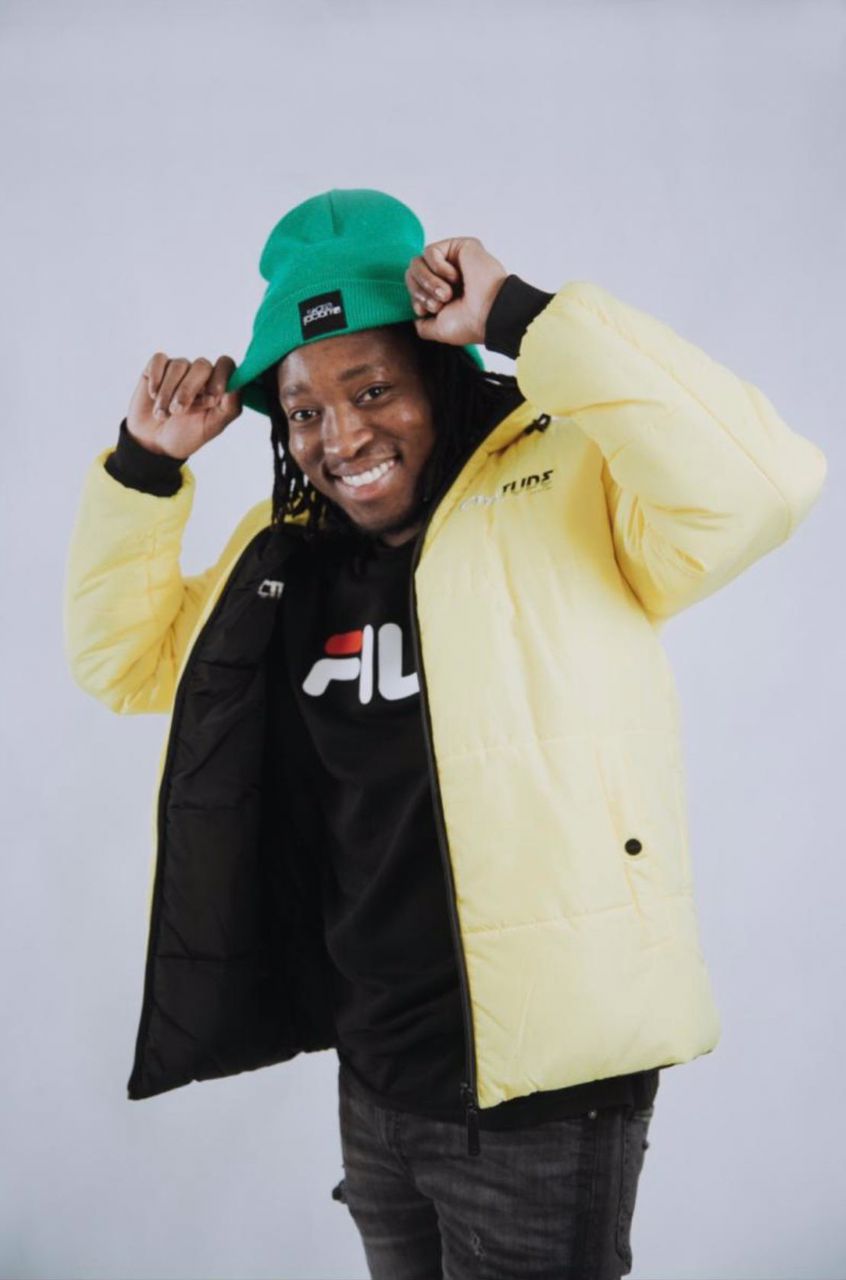Arms scam: Court to decide former Air chief’s fate May 30

A High Court of the Federal Capital Territory sitting in Apo, Abuja has slated May 30, 2017 to decide the fate of the former Air Officer in-charge of Tactical Air Command, Makurdi, Benue State, Air Vice Marshal (AVM) Rufus Adeniyi Ojuawo, in the trial within trial conducted by the court to ascertain the voluntariness of the statement obtained from the Air Chief by the Economic and Financial Crimes Commission (EFCC).
The trial Judge, Justice Mahawai Baba Idris, had ordered the trial within trial following allegations by the Air Vice Marshal that some parts of the statements he was asked to sign by operatives of the EFCC was not his as they were dictated to him.
Ojuawo was, in June last year, arraigned on a two-count charge by the anti-graft agency, for allegedly receiving a gift of N40 million and a Range Rover SUV car valued at N29.2 million from a contractor, with the Nigerian Air Force (NAF), Mr. Hima Aboubakar, of Societe D’ Equipments Internationaux Nig Ltd.
Ojuawo, who denied all the charges, said the cash and the car was payment agreement he had with the contractor for sale of his house situated at NAF Valley Estate, Asokoro, Abuja which he agreed to sell to the contractor at the rate of N50 million and not an un-solicited gift as claimed by the anti-graft agency.
Led in evidence, Ojuawo narrated his ordeal in the hands of the EFCC, which he said arrested him on February 7, 2016, at the Nnamdi Azikiwe International Airport, Abuja when he was carrying out his duties as the Air Officer Commanding the tactical Air Command, Nigerian Air Force, Makurdi, Benue State.
He was picked while on his way to Stuttgart, Germany, on a national assignment as a member of the Armed Forces delegation to United State African Command (USAFRICOM), where he was scheduled to deliver a keynote address on issues bordering on the speedy conclusion of the fight against the Boko Haram Insurgency.
AVM Ojuawo said he was confined at House 27, Niger Barracks, Asokoro, Abuja under the directive of the EFCC for over 100 days before the trial Judge, Justice Idris granted him bail.
While under interrogation by the EFCC, he said he was told to return the N40 million and the Range Rover SUV car that the contractor gave him and be set free, that the said contractor was under investigation for contract scam.
“At that point, I wrote a cheque of N40 million and gave them to be left alone. When I checked my statement of account, I discovered that no money was paid into my account by the contractor as claimed by the EFCC.
“I confronted them and the leader of the Special Task Force II, Ibrahim Musa told me to forget about the money, which he said was received in error and will not raise the issue with the EFCC chairman as their job will be in the line.
“He asked me to forget about the money or they will write a report that will implicate me and ruin my 34 years military career. I felt threatened and I felt at that time that if am not careful, my 34 years of military service will go down the drain.
“I didn’t write the statement the EFCC tendered out of my free will, because the situation then, was that I do no stand a chance if I refused to listen to them”, he told the court and added also that EFCC forced him to pay N40 million and surrender his Range Rovers SUV car as a condition for his release.
In his address at the end of the trial within trial, counsel to the defendant, Mr. Robert Ojabo told the court that the onus of proof of the voluntariness of the statements of the defendant is on the prosecution.
He said the standard of proof required is to go beyond reasonable doubt, which requires the prosecution to adduce credible evidence, which he said the prosecution had failed to do in the trial within trial.
According Ojabo, the prosecution failed to comply with the statutory safeguards of ensuring that statements are given voluntarily as provided in section 16 (2) and (4) of the Administration of Criminal Justice Act (ACJA).
He urged the court to hold that the statements were not voluntarily made by the defendant and should not be admitted by the court.
The prosecution counsel, Mr. Francis Jirbo, in his submission, urged the court to hold that the defendant’s statement was voluntary as they were all signed by him and were written in his own hand writing.
“The principle of law stated that an accused person who signed a statement, as in this case, cannot turn around to pick and choose the portions of that statements that he agrees with.
“The statements are made by the defendant in respect to the allegations against him. He was afforded a fair hearing. It is the court that will consider a statement confessional, we only tendered the statements in accordance with the law”, he told the court.
According to him, the defendant has not told the court that there was any oppression on him in making the statements and added that the objection was misplaced, baseless, unmeritorious and unfounded in law and urged the court to dismiss it.
The trial Judge then adjourned till May 30 to deliver ruling on the trial within trial and for continuation of trial.








